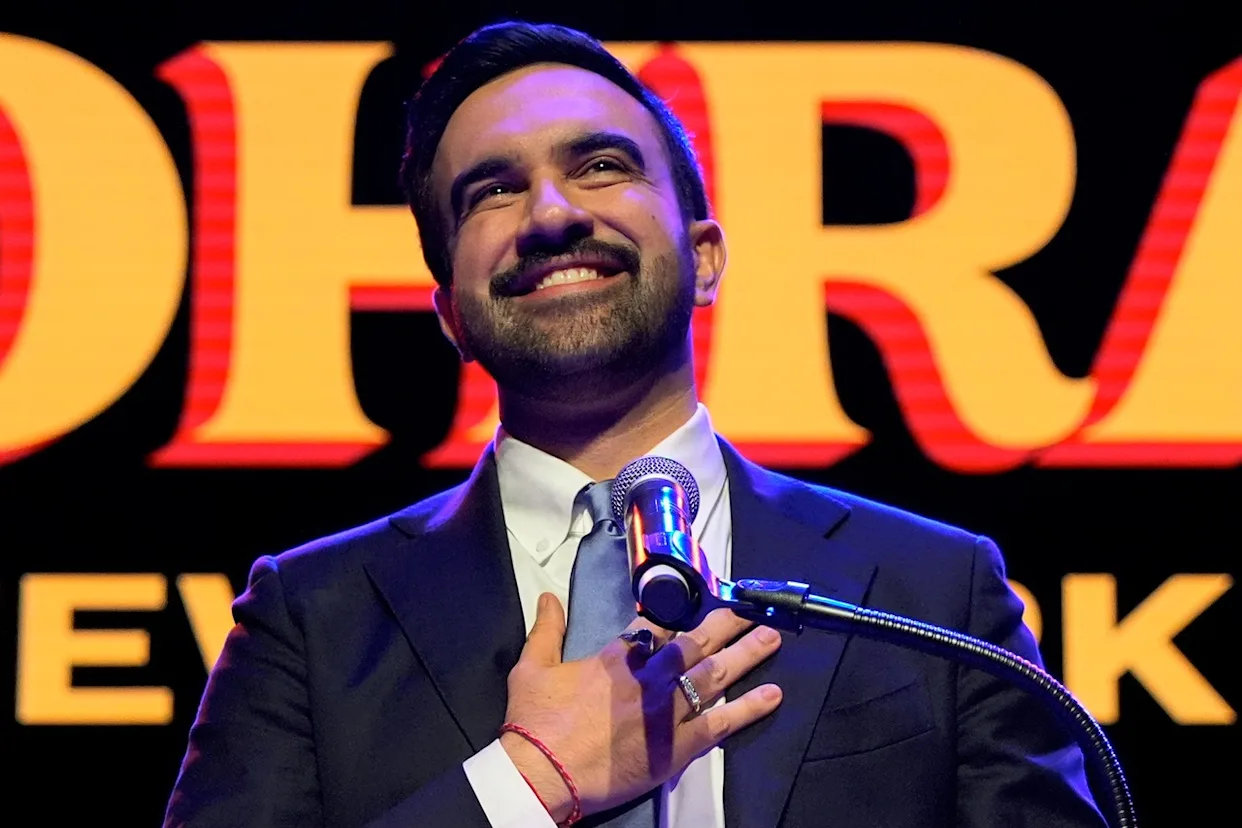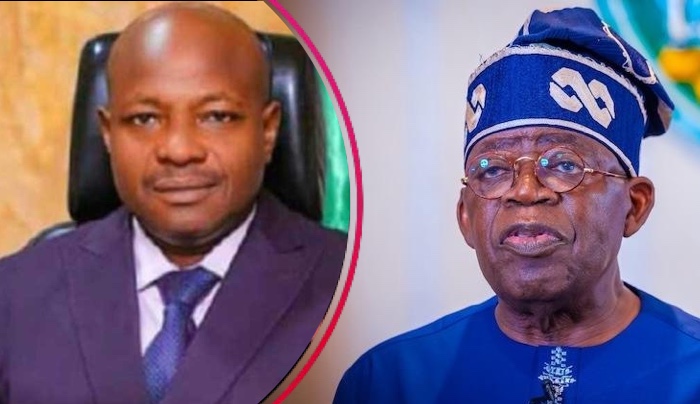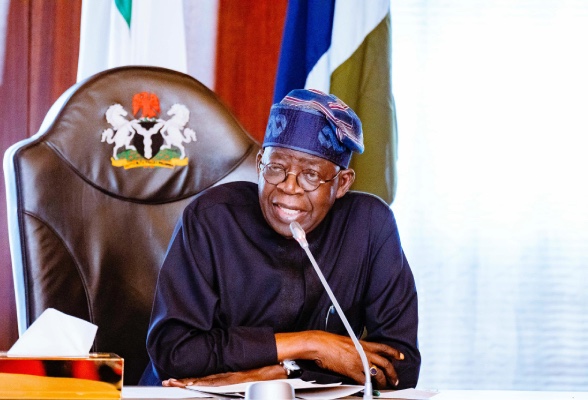
Zohran Mamdani, 34, has made political history in this fictional account as the first Muslim elected Mayor of New York City, marking a dramatic rise for the democratic socialist who was virtually unknown on the national stage just months earlier.
Riding a wave of grassroots momentum and energized youth turnout, Mamdani swept past independent contender Andrew Cuomo and Republican nominee Curtis Sliwa with a bold progressive agenda centered on taxing millionaires and expanding social investments for working families.
“In this moment of political darkness, New York will be the light,” Mamdani proclaimed in his victory speech, promising a transformative administration grounded in inclusion, justice, and economic fairness.
He vowed to confront what he called “the politics of fear and division,” a subtle rebuke to former President Donald Trump.
Trump had previously threatened to withdraw federal funding from New York City should Mamdani win, casting the election as a referendum on his influence.
But voters handed Mamdani a decisive mandate, rejecting the warning and embracing his vision for a more equitable city.
The fictional mayor-elect outlined sweeping plans to expand affordable housing, strengthen public transportation, broaden healthcare access, and bolster climate resilience, saying New York must become “a national model for compassion, opportunity, and progressive governance.”
In this imagined political landscape, Democrats also secured gubernatorial victories in Virginia and New Jersey, while California voters approved a measure redrawing congressional districts in favor of the party—developments that, in this scenario, strengthen Democratic momentum heading into the 2026 elections.
Though Trump was not on any ballot, his presence hovered over the night’s contests, underscoring the deep partisan divisions shaping American politics in this fictionalized narrative.



